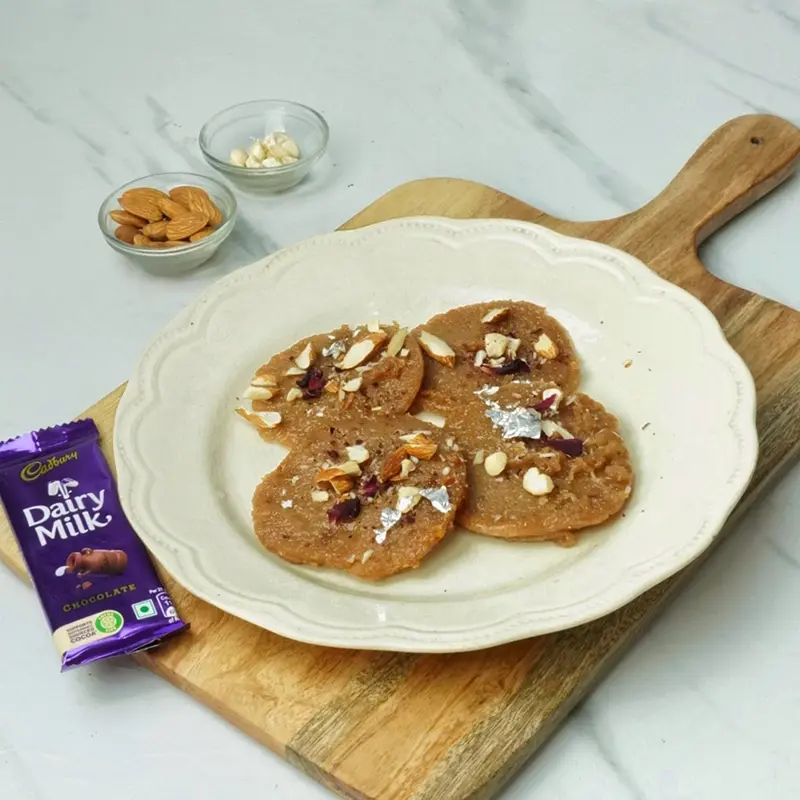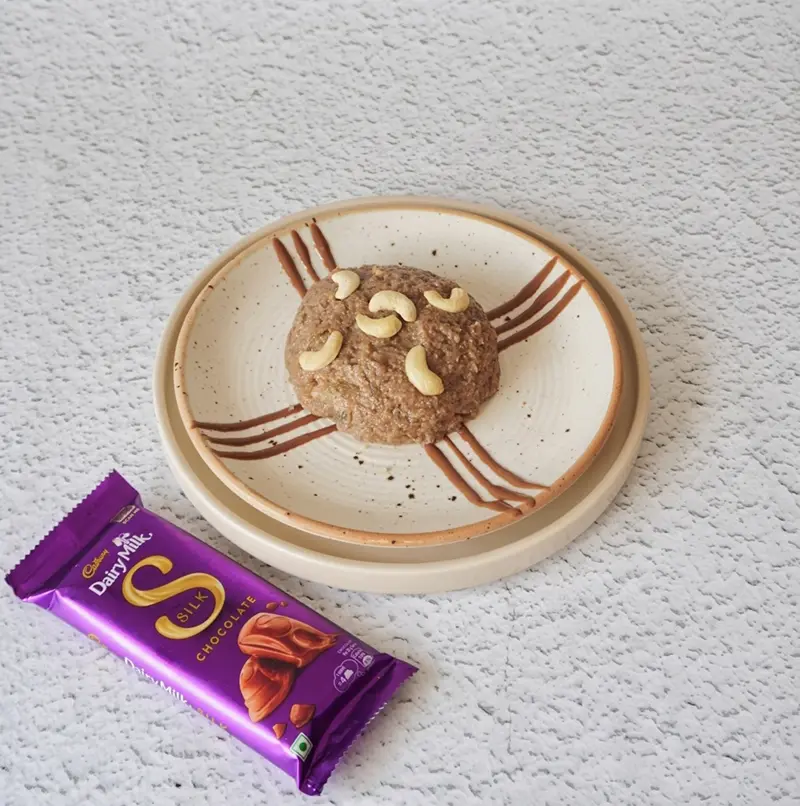- Home
- Articles
- The Best of Honduras Special Sweets That Use Plenty of Cane Sugar, Milk and Local Crops
Honduras offers the best of central America with local cane sugar, honey, milk and bananas thrown in the mix.

Honduras has a triad of countries that influence its cuisine extending to desserts, namely Spanish, Caribbean and Mexican. It is also a fusion of indigenous cultures like the Lenca, Maya, and Pipil that with combined influences have rice, plantain, corn, meats and a lot of seafood. Corn is considered the soul of the Honduran kitchen, extending to being used in delish desser recipes besides in staples like tortillas, tamales with various fillings, and the corn-based beverage Atol. As for the cooking and preparation methods, they follow traditional techniques like wrapping foods in banana leaves to steam (nacatamales) and adding a lot of beans.
1. Torrejas
The Spanish brought this one in, which is called Torrijas in Spain, locals love it like we love our biryani. There are two kinds of Torrejas that Honduras has – one made with milk and the other with honey. For what it’s worth these are a kind of dough, either bread or from a sponge cake soaked in sugar syrup. The syrup is made with the local cane sugar called Panela and eggs flavored with spices like clove and cinnamon. The syrup version is then shallow fried on both sides while the insides remain juicy. The milk version also is similar, instead of the sugar syrup, they are soaked in evaporated milk, whole milk, condensed milk, sugar and cinnamon, and then fried.
2. Tres Leches Cake

Being a part of the Southern Americas, central to be exact, Honduras are also extremely fond of the milk cake, where its sponges are soaked in three kinds of milk. The evaporated milk, heavy cream and condensed milk make the cake rich, dense and extremely moist. It is eaten just like that and sometimes for extravagance has a layer of whipped cream on top garnished with a cherry. It practically dissolves on the tongue, or so we’ve heard and can be addicting.
3. Tustacas De Chocolate
This one is a kind of cookie, not the chocolate chip kind, but the kind that uses cocoa in its dough. It is sometimes eaten as a snack or dessert depending on the person's whim. It is made from masa harina, a kind of flour made with maize with a generous addition of the local Panela, or locally unrefined cane sugar and cocoa of course. The sugar perfectly balanced the bitterness of the cocoa and if you're not careful you might just polish off a dozen real quick. It can be eaten like a tea or coffee biscuit, by dipping it to maximize the olfactory sensations.
4. Yucca Pie

Cassava is one of the staple root crops of the country and Yucca pie takes the crown when it comes to using the root vegetable in a dessert. Yucca pie is dense and resembles a crustless pumpkin pie in appearance and flavor, thanks to the star ingredient – grated yucca (cassava). The pie is made from a blend of all-purpose flour, grated yucca, sugar, coconut milk, coffee, margarine, vanilla, nutmeg, salt, allspice, and baking powder, served with a sauce made of sweetened condensed milk. You will need to work up an appetite to finish this pie because it is filling and not for eating after a heavy meal.
5. Rosquillas

Rosquillas are an iconic dessert that is a staple in Honduran households which are nothing but small, doughnut-shaped pieces of bread, made using cornmeal and cheese. They are similar to the Italian biscotti and aren’t soft like your store-bought doughnuts. Crunchy and slightly sweet, Rosquillas make an excellent companion with a hot cup of coffee or a mug of rich hot chocolate. It comes from the nearby area of El Viejo Nicaragua, known for its sugar cane production and popular during Easter. While usually dusted with sugar to make it feel festive, another version of this dessert exists that uses honey called the Rosquillas en Miel or honey doughnuts.
6. Baked Bananas
Plantains are widely grown in the region so it's hardly a surprise that baked bananas are one of the most simple and easy to make desserts in Honduras. Ripe bananas are sliced in half and arranged in a baking dish, then topped with butter, brown sugar, and cinnamon. This quick dessert takes only 5 minutes in the oven, allowing the bananas to caramelize and soak in the sweetness. This dessert is common across Honduran households and throughout Central America and the Caribbean and while the recipes may vary, some versions incorporate a splash of rum or milk, and others are topped with cream and shredded coconut. Kind of like a local banana split minus the ice cream.
Like This Article?
More Like This



Popular Articles





Trending Web Stories
Curated Recipes



















